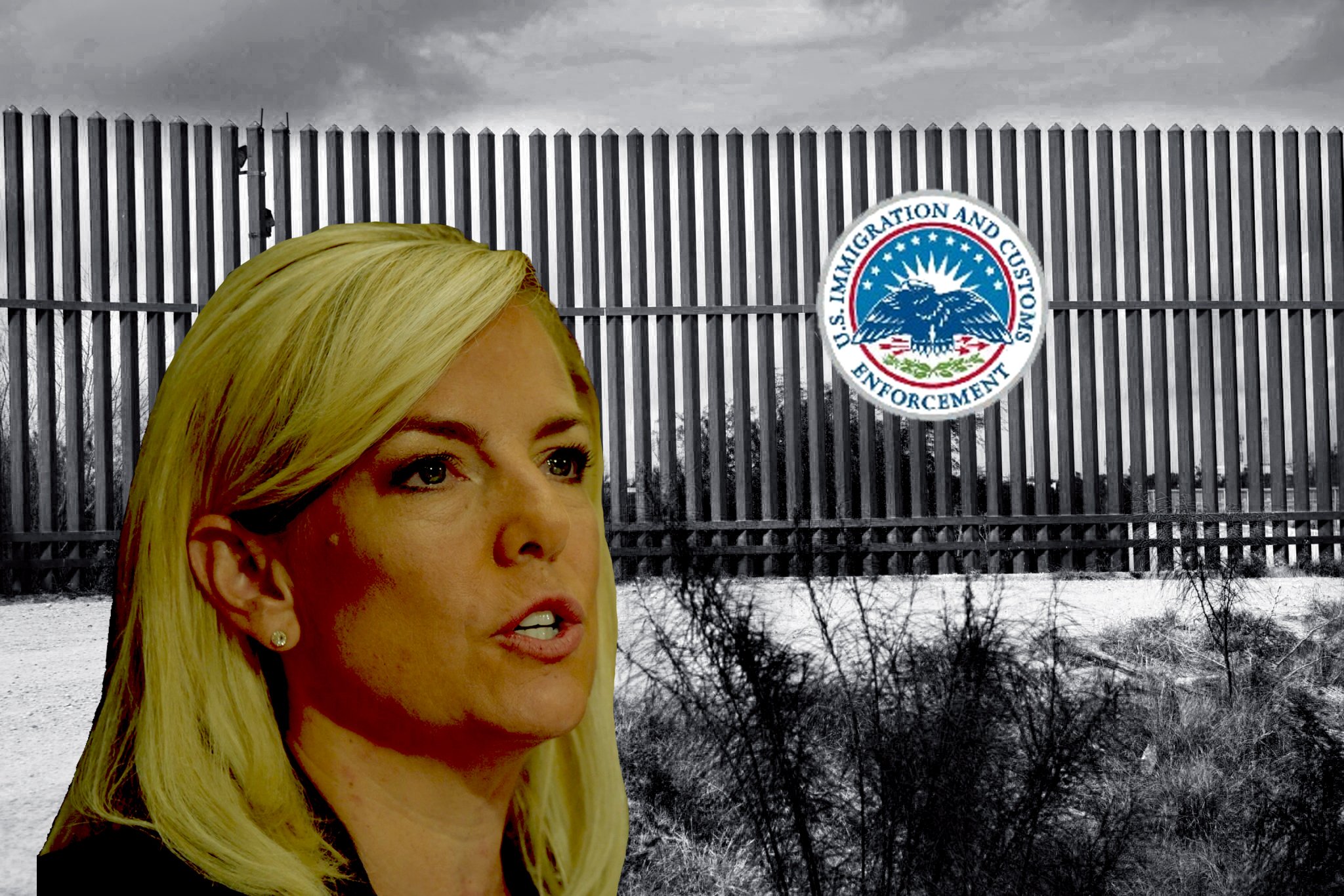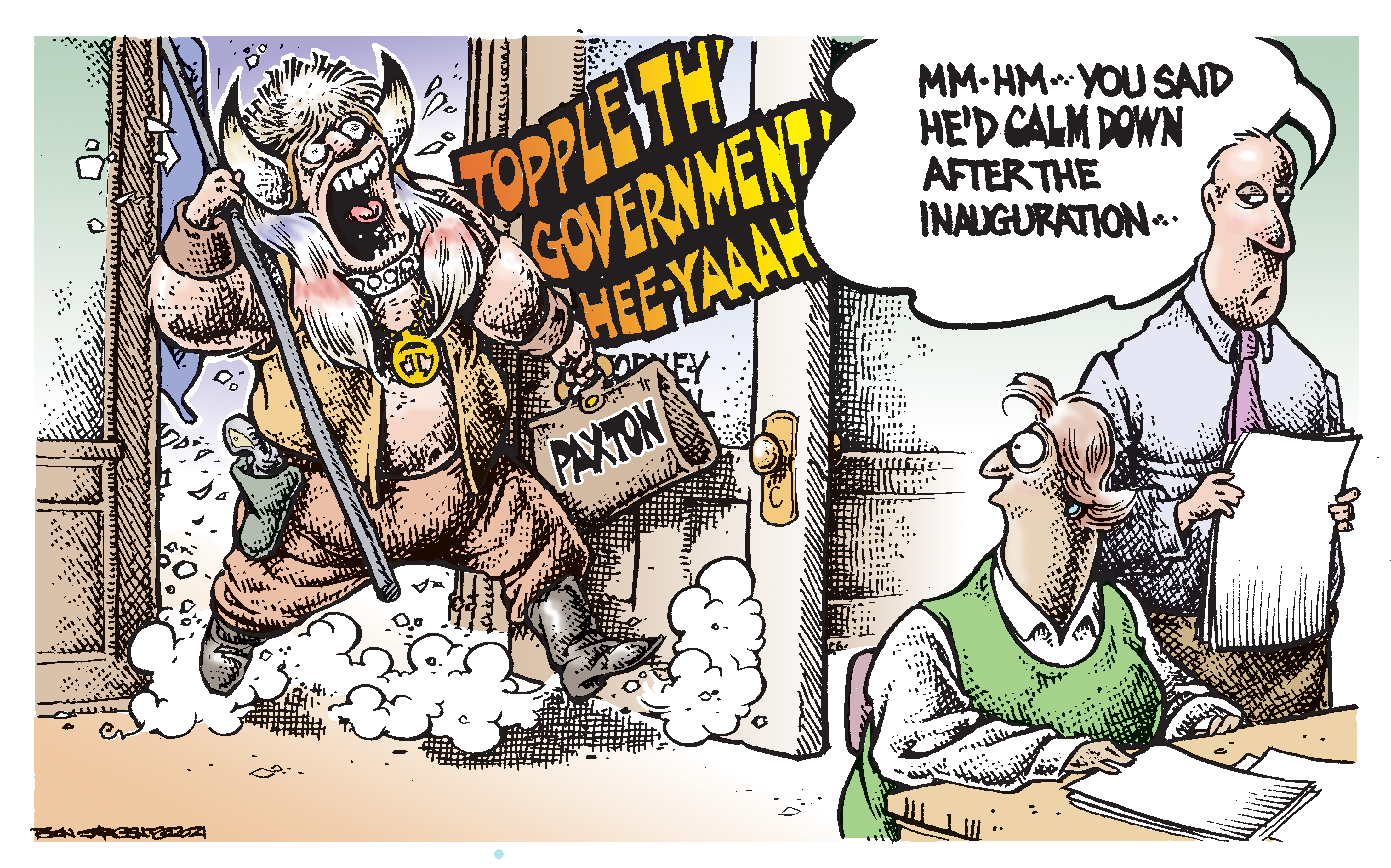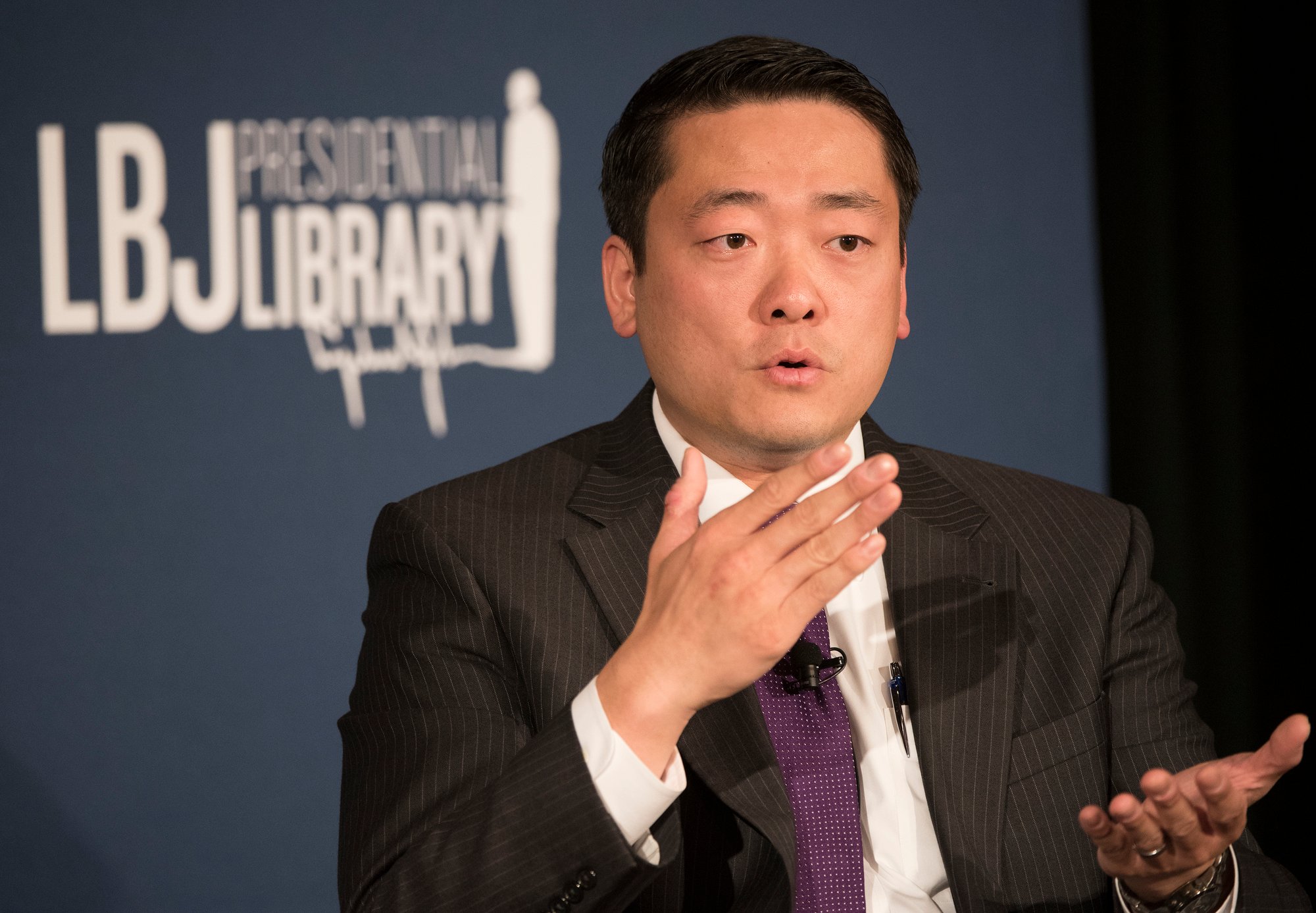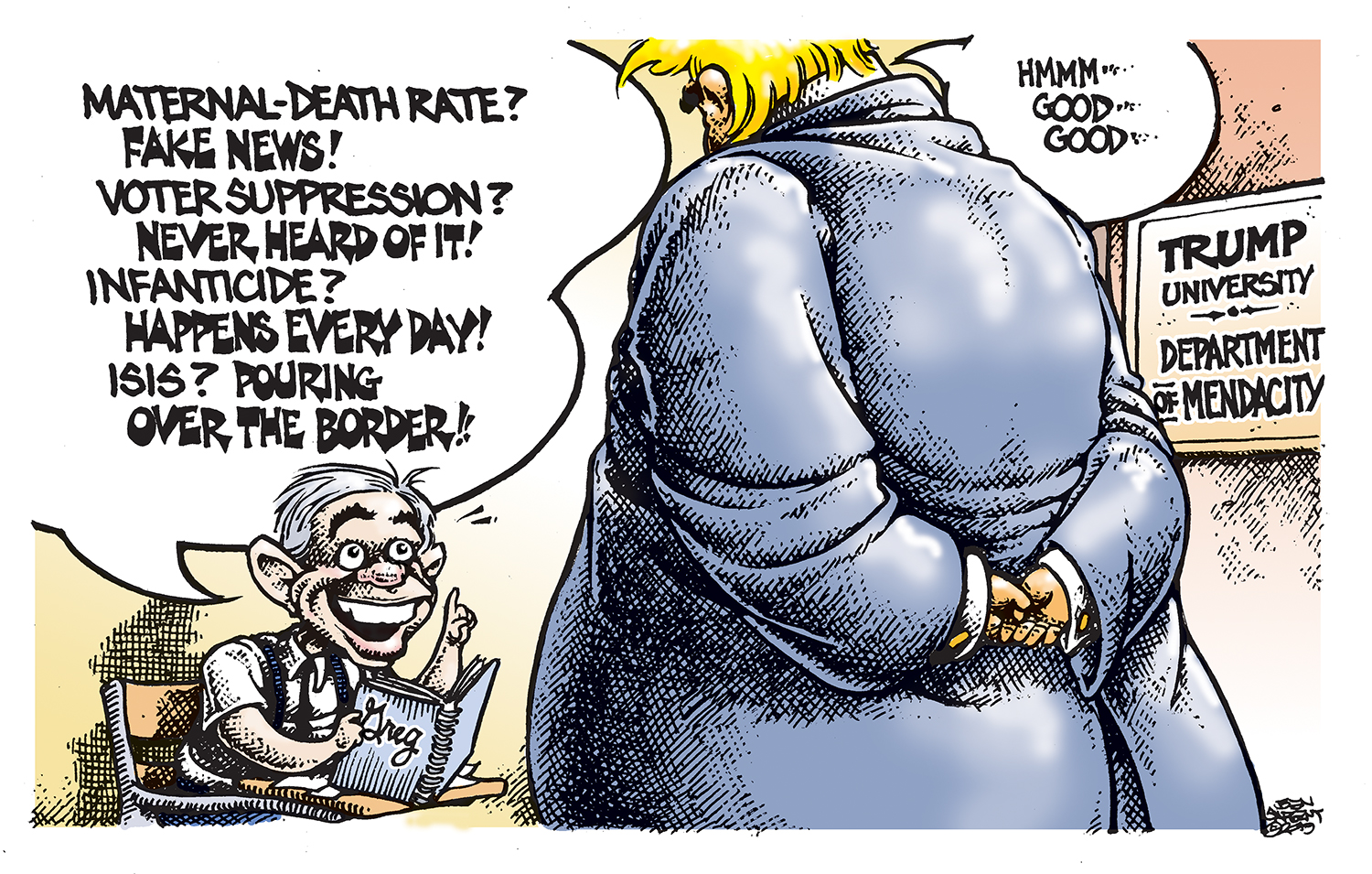
ICE Criminal Investigators Ask to Be Distanced from Detentions, Deportations in Letter to Kirstjen Nielsen
Nearly 20 ICE regional supervisors say the agency’s controversial detention and deportation policies have made it hard for them to conduct investigations into threats to national security.
A majority of ICE’s top criminal investigation agents are asking Homeland Security Secretary Kirstjen Nielsen to spin their division off from the agency.
In a letter sent last week, 19 special agents in charge at ICE’s Homeland Security Investigations unit said that ICE’s controversial detention and deportation policies have made it hard for them to conduct investigations into threats to national security, organized crime, narcotics smuggling and human trafficking.
“HSI’s investigations have been perceived as targeting undocumented aliens, instead of the transnational criminal organizations that facilitate cross border crimes impacting our communities and national security,” the special agents in charge wrote in the previously unreported letter.
They also wrote that “the perception of HSI’s investigative independence is unnecessarily impacted by the political nature” of ICE’s immigration enforcement. “Many jurisdictions continue to refuse to work with HSI because of a perceived linkage to the politics of civil immigration.”
The letter comes as ICE faces criticism for President Trump’s crackdown on immigrants, including the “zero-tolerance” policy that resulted in thousands of immigrant children being separated from their parents.
The special agents in charge lead the regional offices for ICE’s Homeland Security Investigations, or HSI, which bills itself as the country’s “transnational investigative agency.” HSI is tasked with going after violators of U.S. customs laws, including human traffickers, child pornographers and drug cartel leaders.
The agents are asking Nielsen to make HSI a separate agency under the Department of Homeland Security. In their letter, they draw a comparison to how the FBI and Drug Enforcement Administration operate separately under the Department of Justice.
Several of the agents who signed the letter either didn’t respond to requests for comment or directed questions to ICE’s public affairs office. The ICE and DHS public affairs offices did not immediately respond to requests for comment Wednesday.
Instead of “contributing to the welfare and safety of the country,” said Peña, the agents worry that HSI is “just becoming a political pawn for this administration.”
ICE’s other main component, Enforcement and Removal Operations, known as ERO, handles the detention and deportation of people in the United States without authorization, previously the task of the now-defunct Immigration and Naturalization Service. There have long been tensions between ICE’s two largest components. HSI agents aren’t allowed to unionize under federal law, but the union representing ERO agents endorsed Trump’s candidacy and has been supportive of his harsh immigration policies.

ICE’s current acting director, Tom Homan, is a vocal supporter of Trump’s restrictive immigration measures, often using stronger language than his predecessors. In congressional testimony, he’s said that undocumented immigrants “should look over your shoulder.” Speaking at the Border Security Expo in San Antonio earlier this year, Homan criticized court rulings that limit how long ICE can hold families while their asylum cases are heard in immigration court.
The more than 2,000 children separated from their parents as a result of the Trump administration’s “zero tolerance” policy has made ICE radioactive among immigration activists and an increasing number of Democrats who are calling for the agency’s abolition. Congress is also restive and even companies that contract with the agency, such as Microsoft, are growing skittish about working with ICE.
In this charged atmosphere, HSI agents fear that their mission is being sidelined, said Alonzo Peña, a former ICE deputy director.
Instead of “contributing to the welfare and safety of the country,” said Peña, the agents worry that HSI is “just becoming a political pawn for this administration.”
HSI is “supposed to be out there making these major cases, these big cartels that are smuggling guns, drugs, money,” Peña added. “And because of this whole immigration rhetoric — that immigrants are bad, that they’re criminals and rapists and all that — the focus is totally off mission.”
Agents from the former Customs Service and Immigration and Naturalization service were forced into an uncomfortable relationship together within ICE in 2003, when the Bush administration created the Department of Homeland Security — the ICE parent agency — in 2003. HSI’s criminal investigators often overlap in duties with the FBI, the Drug Enforcement Administration and the Bureau of Alcohol, Tobacco, Firearms and Explosives — a situation that often leaves them fighting for funding.
On three occasions since 2011, Homeland Security officials shifted HSI funds to other parts of ICE to cover the costs of civil immigration enforcement, including $34.5 million in 2016, according to the letter.


